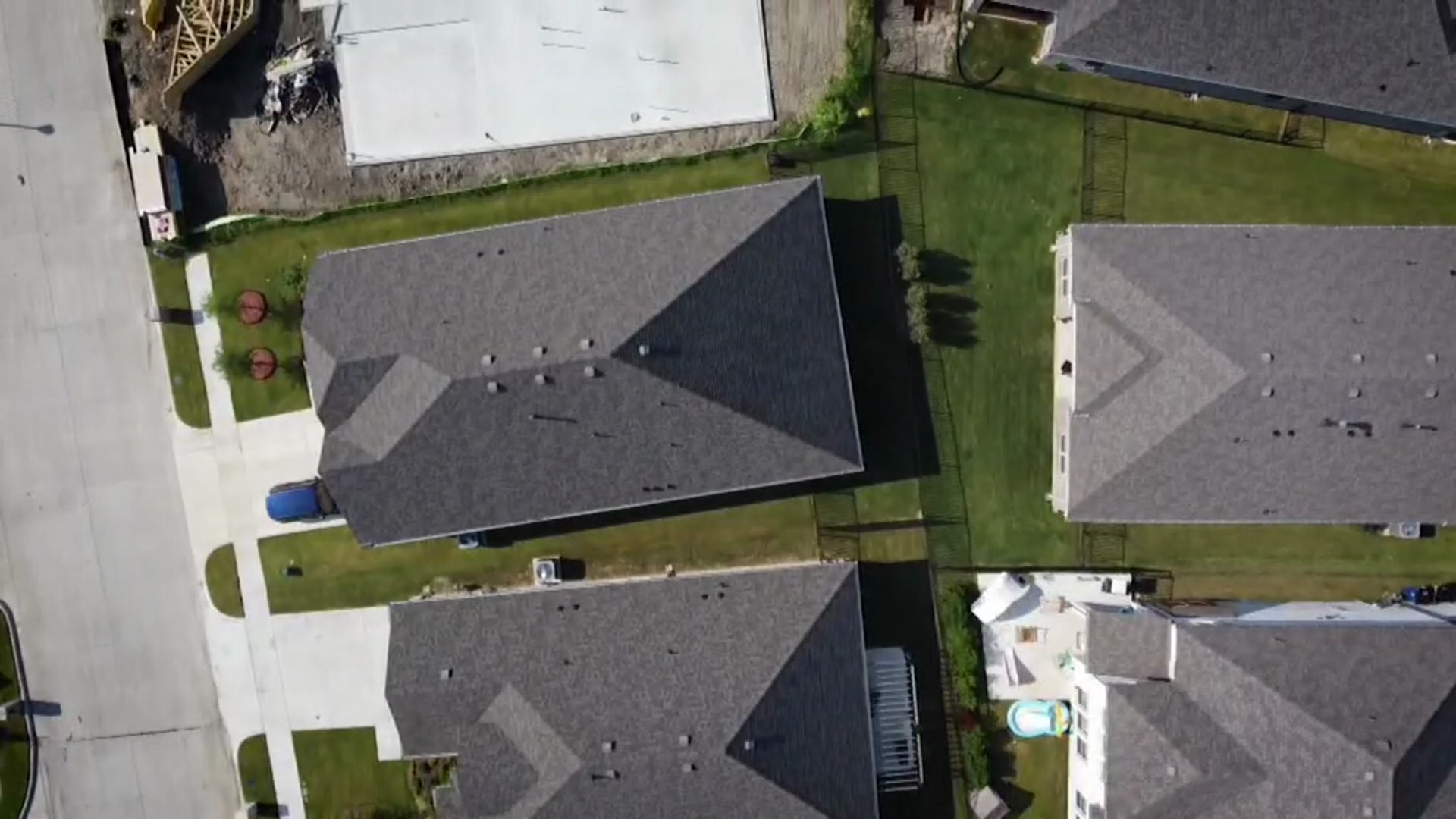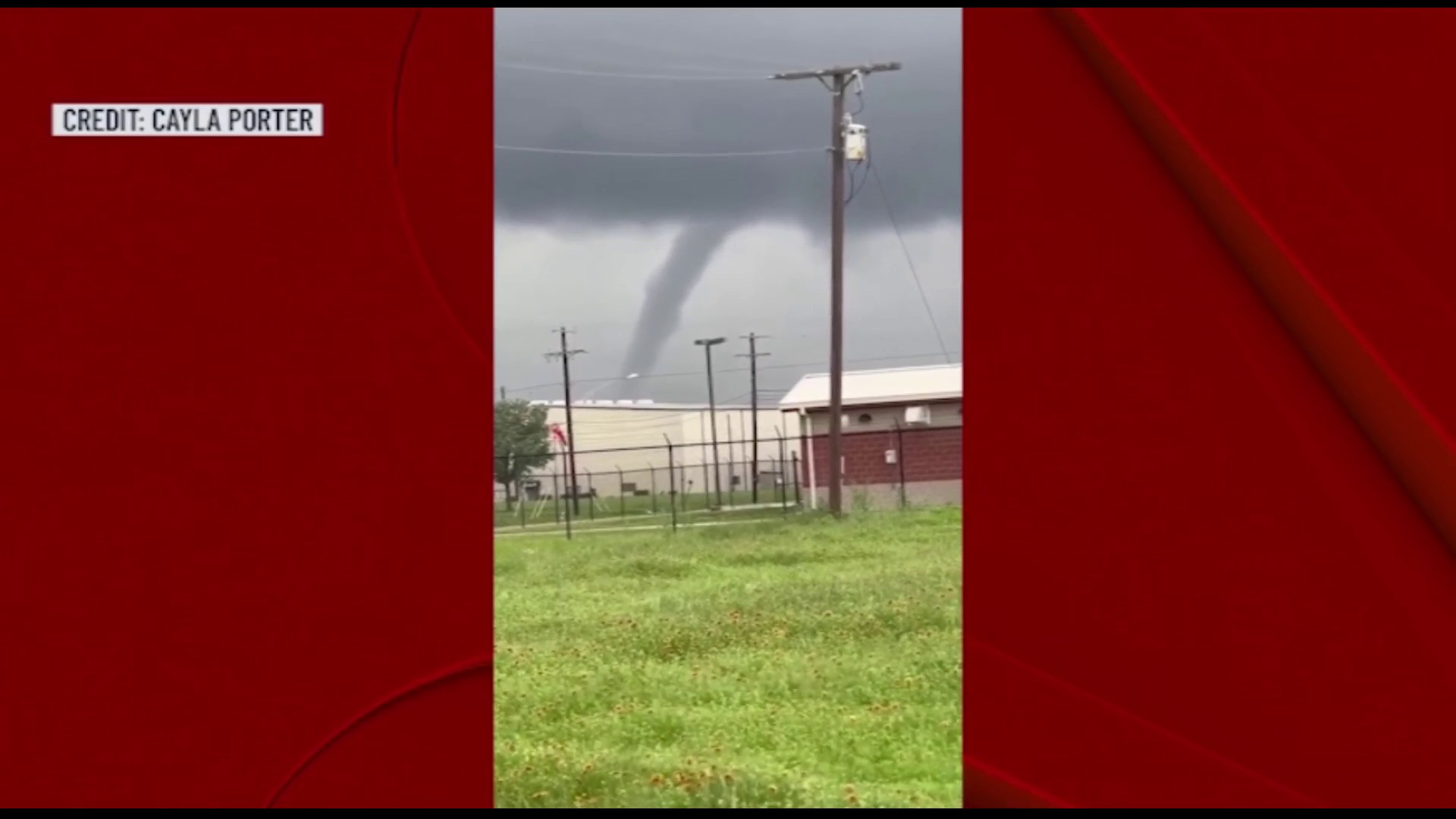Every day, thousands of North Texans receive freshly prepared meals from volunteers at Meals on Wheels, Tarrant County.
But soon, those volunteers will be tasked with more than just delivering meals. They'll also help clients with their overall health by just asking a few questions.
“Homebound, disabled people become very isolated very quickly and most of them do not have daily contact with anyone else,” Meals on Wheels, Tarrant County, president and CEO Carla Jutson said.
Volunteers that deliver meals already provide Meals on Wheels with concerns about clients. Every day, the organization uses a rotating crew of about 5,000 volunteers to deliver 2,300 meals and receives 50 to 100 calls about concerns to follow up on. Case workers than check on those clients to alleviate such concerns.
“The food is just the tip of the iceberg,” Jutson said. “If they cannot perform to make their own meal, just think of everything else they’re not able to do. Personal hygiene, shopping assistance, financial assistance, do they remember to pay their utilities all come into play when you have somebody who’s in a very disabled condition.”
Meals on Wheels Tarrant County is one of six local chapters of the national organization that is preparing to take part in a new two-year study to see how volunteers can improve the health and safety of clients simply by asking a few questions or making a few observations.
“One of the things that we always felt was very important is that daily contact by the volunteer, that could then observe any problems the client is having,” Jutson said. “Is their health deteriorating very quickly, are they more confused, are they having problems being able to communicate, those kinds of issues.”
Local
The latest news from around North Texas.
The study is called “More Than a Meal” phase 3 and is funded by a $200,000 grant from the San Diego-based Gary and Mary West Health Institute. Meals on Wheels is providing the on the ground data collectors and Brown University’s Center for Gerontology and Healthcare Research is analyzing that data.
Meals on Wheels volunteers will be trained in a serious of questions or observations, Jutson says, that can then help get the client medical care before there is a serious health threat. The assessment will identify health, safety, and social needs like loneliness, depression, fall risk, or other concerns.
“We certainly expect that it's going to show that the daily contact with the meal being given to them by a volunteer, and the volunteer checking on them every day, is going to make a world of difference, versus if the meals were just drop shipped to them,” Jutson said.
The study hasn’t started yet, but Meals on Wheels hopes it will make a concerted effort to improve the lives of the clients they are already helping.
For more on the study, click here.



